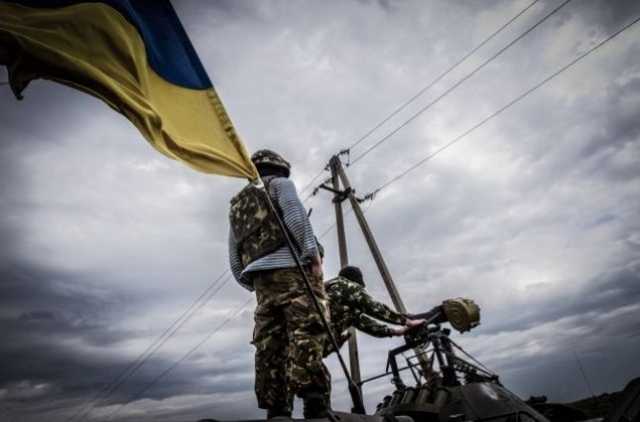Lawyer
Legal regulation of activities of public organizations and non-profit organizations in the military conflict zone
The activities of public and non-profit organizations in the zone of military conflict play an extremely important role in providing humanitarian aid, protecting human rights and promoting peace. However, such activity is also associated with a number of legal issues and risks, which require careful analysis of documents, consultation of a lawyer, legal and legal opinion of a lawyer.
The legal regulation of the activities of public and non-profit organizations in the war zone is based on the norms of international humanitarian law, international human rights law and national legislation of the countries where the conflict is taking place. The key documents in this area are the Geneva Conventions and their Additional Protocols, which establish the principles of the protection of the civilian population, the provision of humanitarian aid, and the neutrality of humanitarian organizations.
According to the norms of international humanitarian law, humanitarian organizations must adhere to the principles of humanity, impartiality and neutrality. They are obliged to provide aid without any discrimination on the basis of race, sex, nationality or religion and not to take part in hostilities. To ensure unimpeded access to affected citizens, humanitarian organizations must obtain the consent of the parties to the conflict. Legal advice and document analysis can help organizations understand their rights and obligations under international humanitarian law.
In addition to international norms, the activities of public and non-profit organizations in the war zone are regulated by the national legislation of the country where the conflict is taking place. This may include nonprofit laws, registration and reporting requirements, restrictions on certain activities, or territorial restrictions. A lawyer's legal opinion can help organizations understand the relevant national legislation and avoid violations.
One of the key issues for civil society organizations in a war zone is access to funding and resource allocation. International humanitarian law guarantees the right to humanitarian aid, but some countries may impose restrictions on international money transfers or the distribution of goods in conflict zones. A legal opinion / legal analysis of the situation can help organizations understand the legality of funding sources and the rules for working with funds and resources.
In addition, humanitarian organizations often face security and protection issues for personnel in a war zone. International humanitarian law requires parties to a conflict to respect and protect humanitarian workers, but in practice they may be attacked, threatened or taken hostage. Legal advice can help organizations develop security protocols, assess risks and take appropriate measures to protect their personnel.
In addition to providing humanitarian assistance, civil society organizations can play an important role in monitoring and documenting human rights violations, as well as in promoting peace and reconciliation after conflict. To do this, they must carefully collect and record evidence of violations, conduct document analysis and cooperate with international organizations and human rights groups. A legal opinion from an attorney can help organizations understand the legal aspects of their activities in this area and ensure the safety and privacy of witnesses and victims.
In general, the legal regulation of the activities of public and non-profit organizations in the zone of military conflict is a complex and multifaceted issue that requires careful analysis and consultation of a lawyer. Organizations must comply with the norms of international humanitarian law, national legislation and ensure the protection of human rights and the safety of their personnel. The lawyer's legal and legal opinion is extremely important for avoiding violations and effective implementation of humanitarian programs in conditions of armed conflict.

































